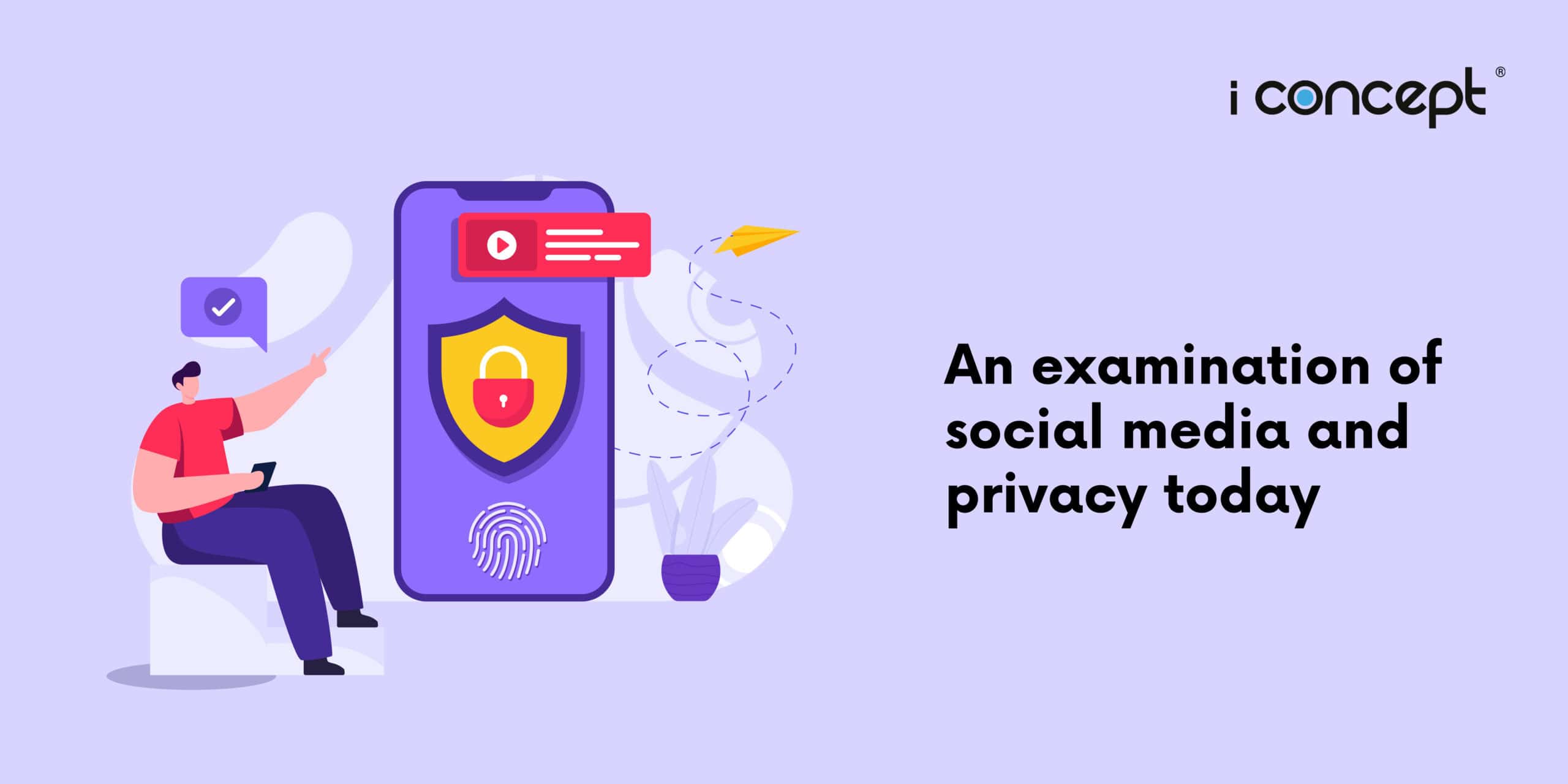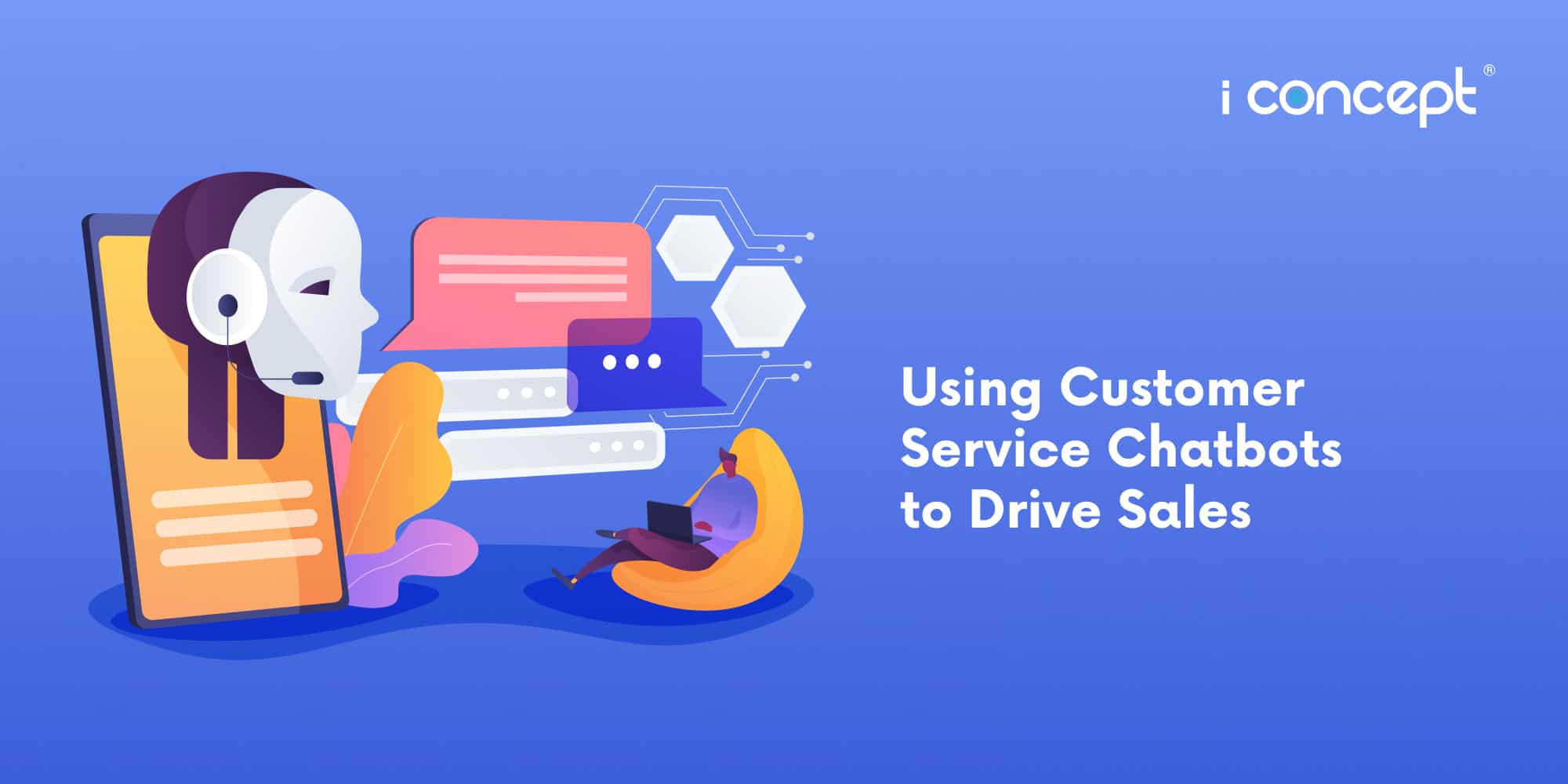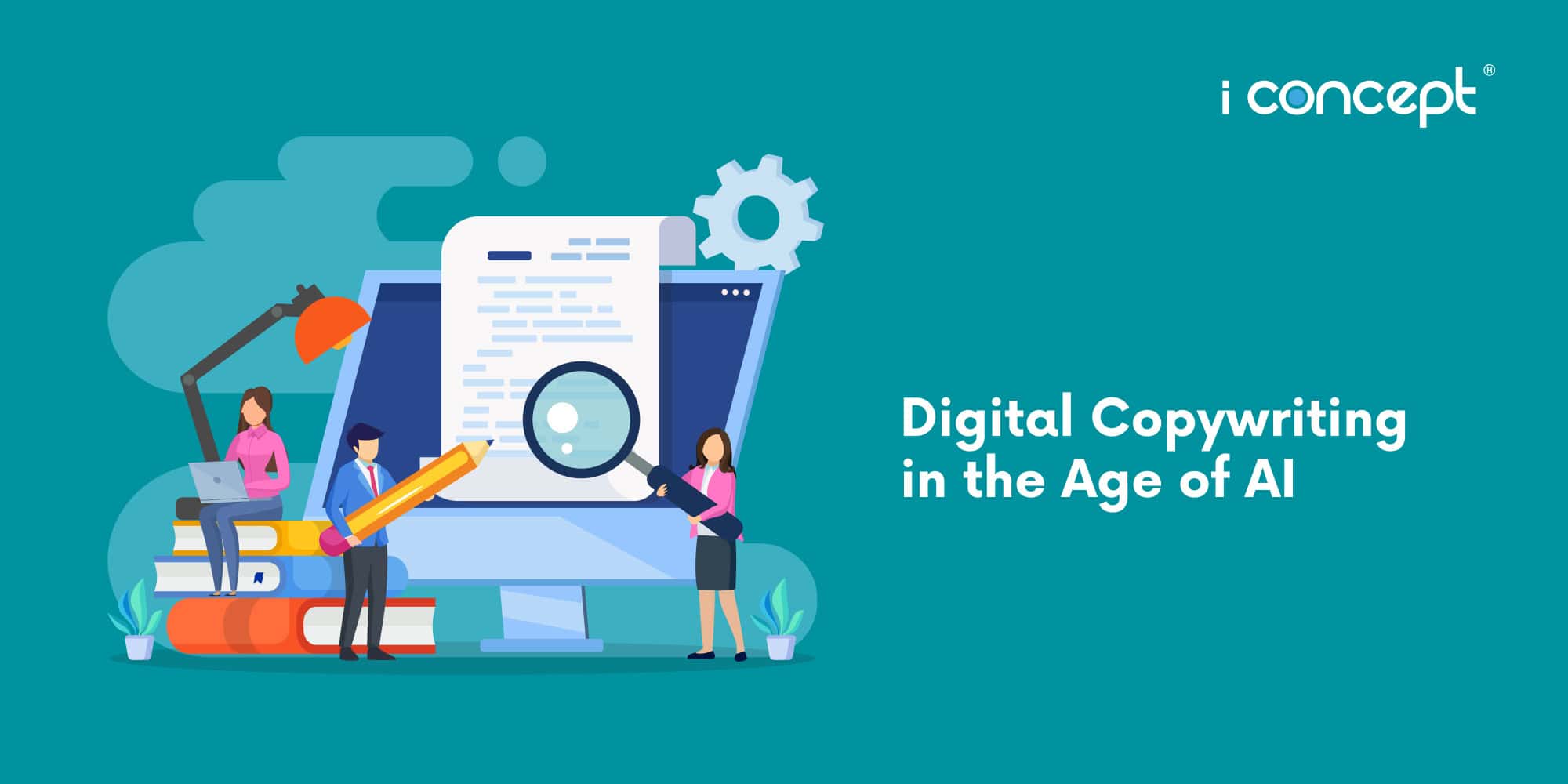In an era where life updates – whether major or minute – are regularly shared via an Instagram post, tweet on Twitter, or turned into content for TikTok, digital privacy seems to have become obsolete. Social media platforms have become synonymous with our daily lives, and the sharing of relatable experiences, personal thoughts, and images has undoubtedly brought the world much closer together.
However, the question of privacy looms larger than ever, as social media users struggle between defining their digital lives and personal privacy. In this article, we will dissect the pressing issues of social media privacy, such as data harvesting, misinformation, hacking and poor regulation.
Data Harvesting and Monetisation
Ever found yourself in a situation where a simple Google search on a specific topic results in digital advertisements popping up on your social media feeds and every website that you visit? One of the most significant issues plaguing social media privacy today is the massive collection and monetisation of user data.
Platforms like Facebook, Instagram, TikTok, Threads and Twitter thrive on the information they gather from users. The collected data includes not just your basic information and interests, but also your online behaviour, geographical location, browsing history and even the devices you use. This wealth of information is then sold to advertisers, who target specific users with highly personalised ads.
Branded as personalisation, fine tuned to your individual tastes and preferences, these targeted ads can be beneficial for users interested in a business’ specific products or services. However, the extent to which our data is collected and used raises concerns about surveillance. Especially when our personal information is sold to third-party entities without our consent or knowledge.
For example, Threads, which collects an extensive amount of personal information such as users’ health and financial information, is seen by some as a “privacy nightmare”. In a similar vein, TikTok faces tension in the United States for alleged intrusive tracking measures used, and is no stranger to global privacy scandals. Hence, user data can be susceptible to breaches and misuse by the corporations that manage these social media platforms.
Misinformation and Manipulation
With the vast amount of content uploaded on social media platforms daily, they have inadvertently become breeding grounds for misinformation and manipulation. The spread of fake news, false information, and deceptive content is a pressing issue that impacts privacy in several ways.
Misleading information can sway public opinion, harm reputations, and even incite fear and panic. Social media platforms have responded in turn with active and extensive measures against them, such as deleting anti-vax content during the COVID-19 pandemic, and suspending Donald Trump’s account for inciting unrest after the violent Capitol riots in 2021.
While censorship of misleading information has been lauded by some, social media platforms are still susceptible to manipulation. TikTok for example, which is Chinese-owned, has a history of censoring content that is sensitive and unfavourable for the ruling Chinese government, such as the Tiananmen Square protest and Tibetan independence. This manipulation can affect public perception, further eroding trust and privacy.
Hacking and Data Breaches
Despite efforts to strengthen cybersecurity on social media platforms, hackers can exploit gaps within them to access a treasure trove of users’ personal data. With half the global population using social media, data breaches happen very often.
Common mistakes like using the unprotected network of a public WiFi to enter sensitive information, as well as installing malicious third-party applications can cost susceptible users greatly. The data loss can range from users’ personal information to their linked bank accounts, and can also result in users’ friends and family being targeted by hackers through impersonation.
Therefore, it is advisable to do the following: change your passwords frequently, not use the same password across multiple accounts and enable two-factor authentication (2FA) for an additional layer of security.
Inadequate Regulation
Lastly, the lack of a standardised and comprehensive regulation of social media platforms has impeded user privacy. Some governments attempt to impose regulations by compelling social media companies to enforce stricter privacy measures for their own citizens.
This can be done by limiting what users see on their feed or flagging out sensitive content. Hence, the images, words and the general content that users post on social media are not just seen by their friends and/or family, but are carefully monitored by third parties as well.
Do Marketing the Ethical Way with I Concept
Data is king on social media, but when abused, can lead to a slew of privacy problems especially on social media. The multifaceted nature of the issues of social media privacy today is one that involves the monetisation and manipulation of personal data, proliferation of misinformation, hacking and inadequate regulation.
As users, we must be vigilant and proactive in safeguarding our personal information and digital privacy. As a creative agency, I Concept Singapore takes privacy very seriously and uses ethical means of gathering consumer data (such as through interviews that we conduct, desktop research, and SEMRush). Moreover, we provide eCommerce development services that come with 24/7 protection and software security so that you can protect your consumers from any potential loss of privacy.
Speak to I Concept here to learn more about our digital marketing services!










